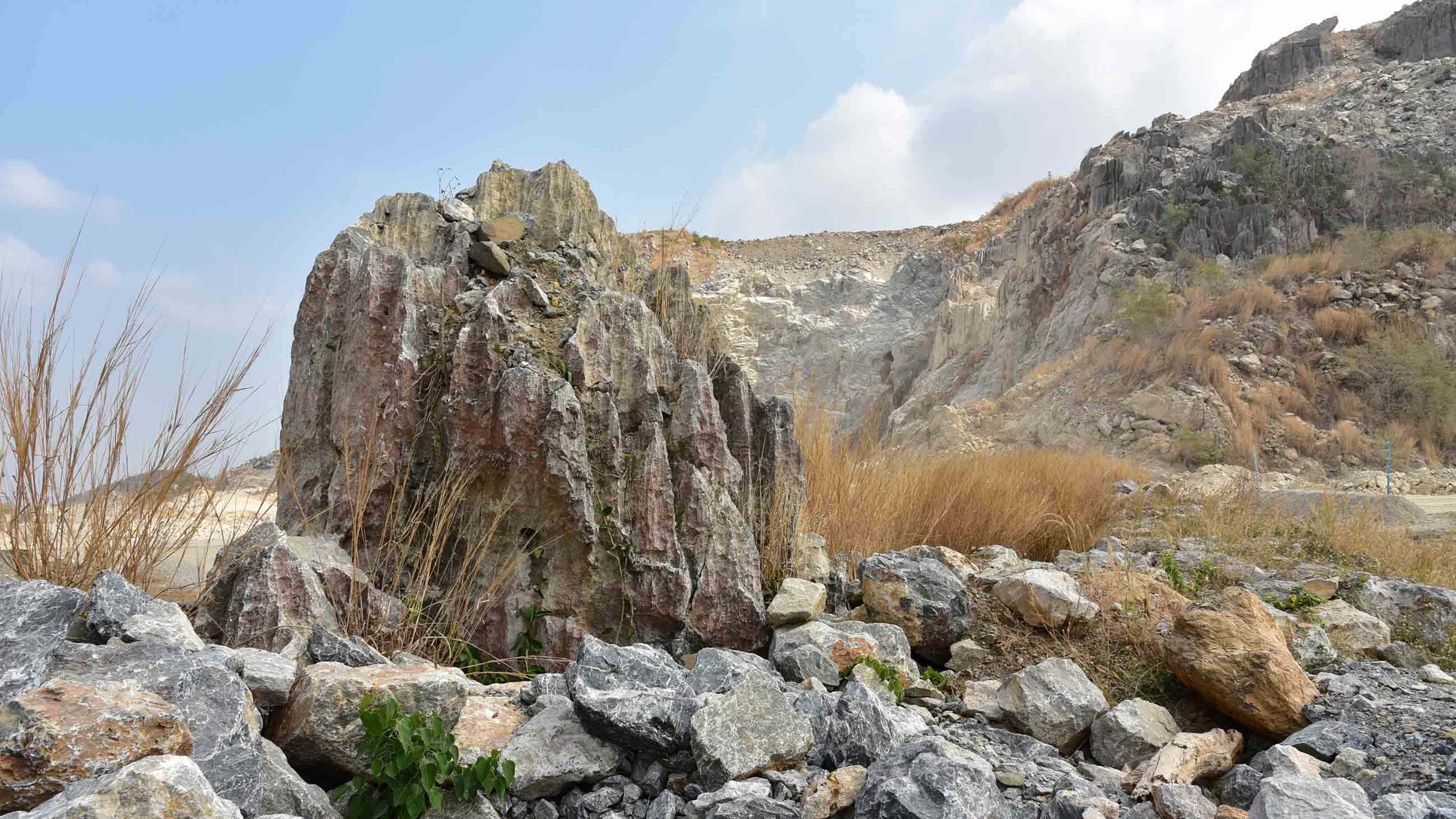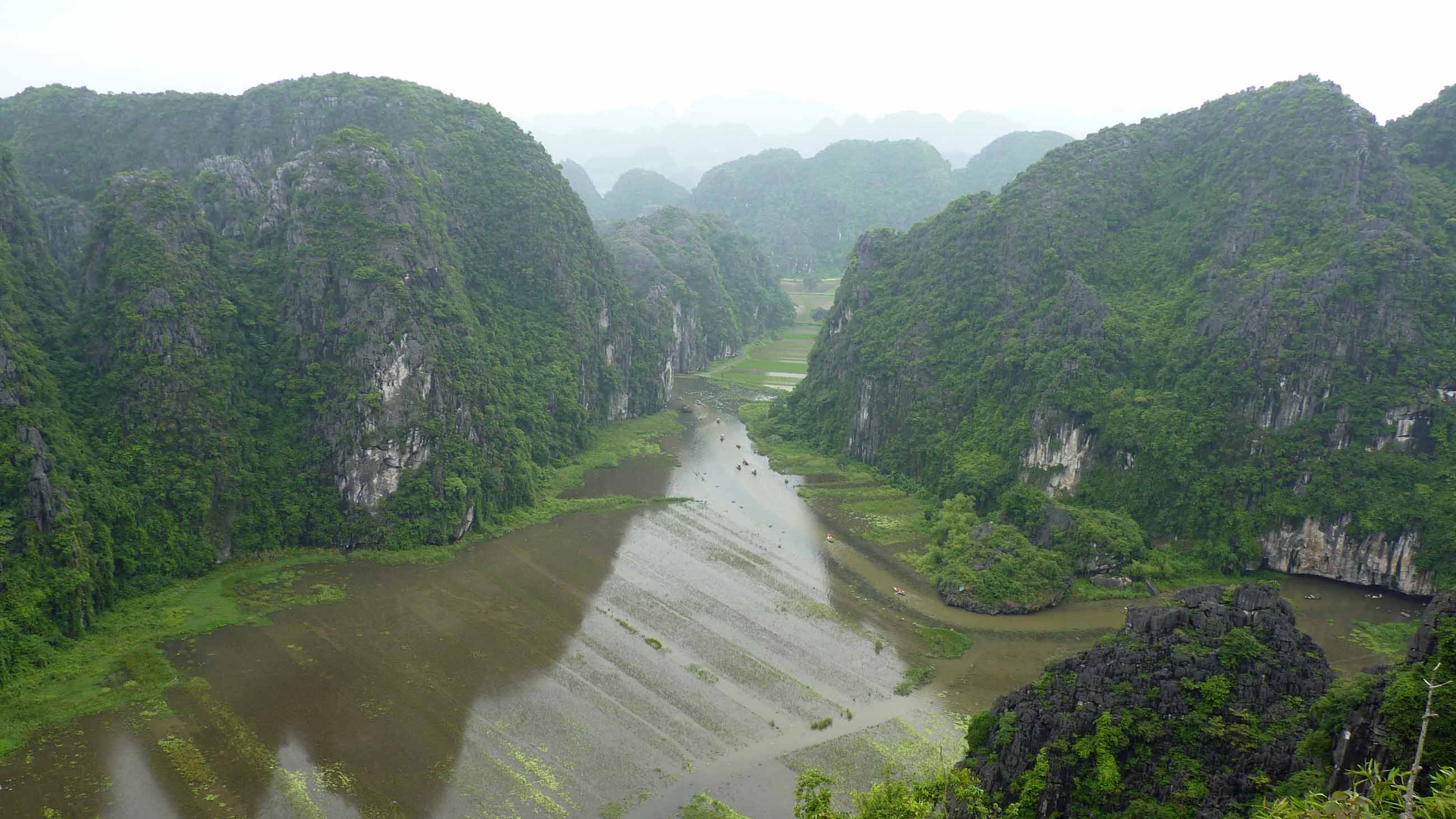Abstracts: Disappearing Karst, Crispr, and More
• Scientists are racing to document rare species on the cliffs of Cambodia. The country’s limestone karst is home to many specialized plants and animals, and is now being pulverized to make cement. (New York Times)

• Clinics in Burkina Faso partnered with Pathfinder International to change laws on abortion and distribute copper IUDs. One of the biggest obstacles continues to be suspicious husbands. (STAT)
• Life scientists who want to share results ahead of peer review have a lot of options. Now, the NIH, Wellcome Trust, and others are backing a centralized preprint site. (Nature)
• Earth’s magnetic field is ancient, and mysterious. Scientists are understanding how our magnetic shield changes over time by studying clay jars from archeological sites. (The New Yorker)
• A newly discovered beetle in Costa Rica travels by biting on to an army ant and pretending to be its butt. (The Atlantic)
• The Science Byline Project showed that men still have more feature bylines in prestigious print publications. A new study by The Open Notebook cites suggesting a different angle for a rejected story as a key gender difference. (The Open Notebook)
• The U.S. Patent and Trademark Office ruled in favor of the Broad Institute Wednesday, allowing the Harvard and MIT-affiliated research center to retain rights to dozens of Crispr-Cas9 patents. (New York Times)
• Abalone graveyards are the result of rampant illegal shellfish poaching in South Africa. (National Geographic)
• These blind mice navigate using sound waves, just like bats. This suggests that bats developed echolocation before they evolved flight. (Science)
• And finally, more air conditioning without more refrigerants or carbon emissions? A new film promises to keep buildings cool on the cheap. (The Economist)










